Pet Health Articles
 19 Feb
19 Feb
Successful breeding of dogs is dependent on several factors. One of the most important factors is ovulation timing in the bitch. The reproductive or estrous cycle and timing of ovulation is influenced by several hormones. The Hormones of the Reproductive Cycle and Ovulation Estrogen - This hormo...
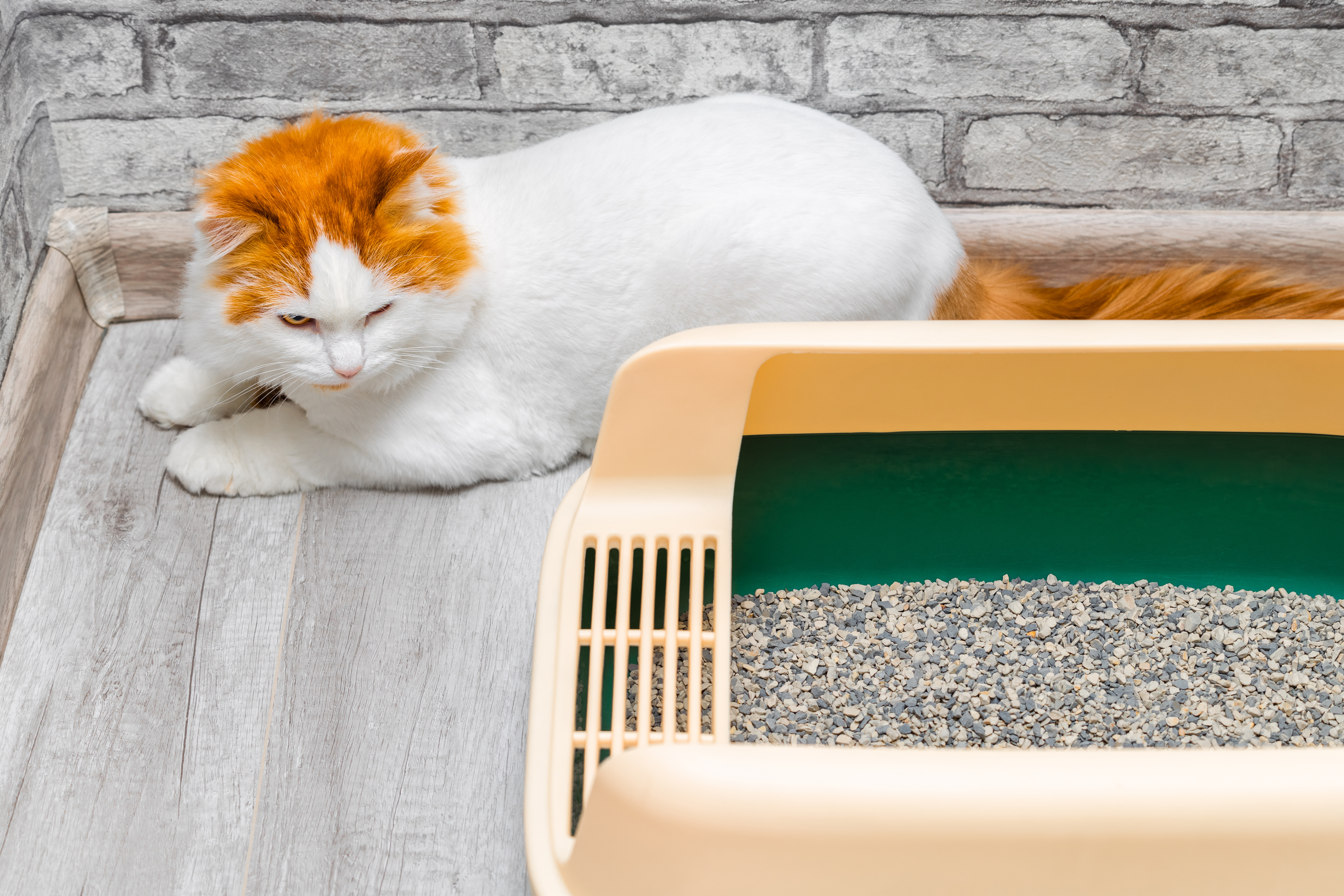 05 Feb
05 Feb
One of the more common problem behaviors seen in cats is house soiling (urinating or defecating outside of the litter box). This problem alone is one of the major reasons that cats are relinquished to shelters, cast from households, and, in some cases, euthanized. In most instances this is truly a...
 07 Oct
07 Oct
Anesthetics and sedatives are routinely given to veterinary patients having surgery. Additionally, these drugs are often administered to pets needing certain procedures in which they need to lay still or where movement of the patient could be detrimental such as a CT scan, MRI or a biopsy. Anes...
 15 Sep
15 Sep
Gastric dilation-volvulus (GDV) is a serious disorder that can be fatal if it goes untreated. More commonly referred to as "bloat," GDV is a condition in which the dog's stomach fills with gas and subsequently twists. Large, deep chested breeds are most commonly affected by bloat. Some breeds that a...
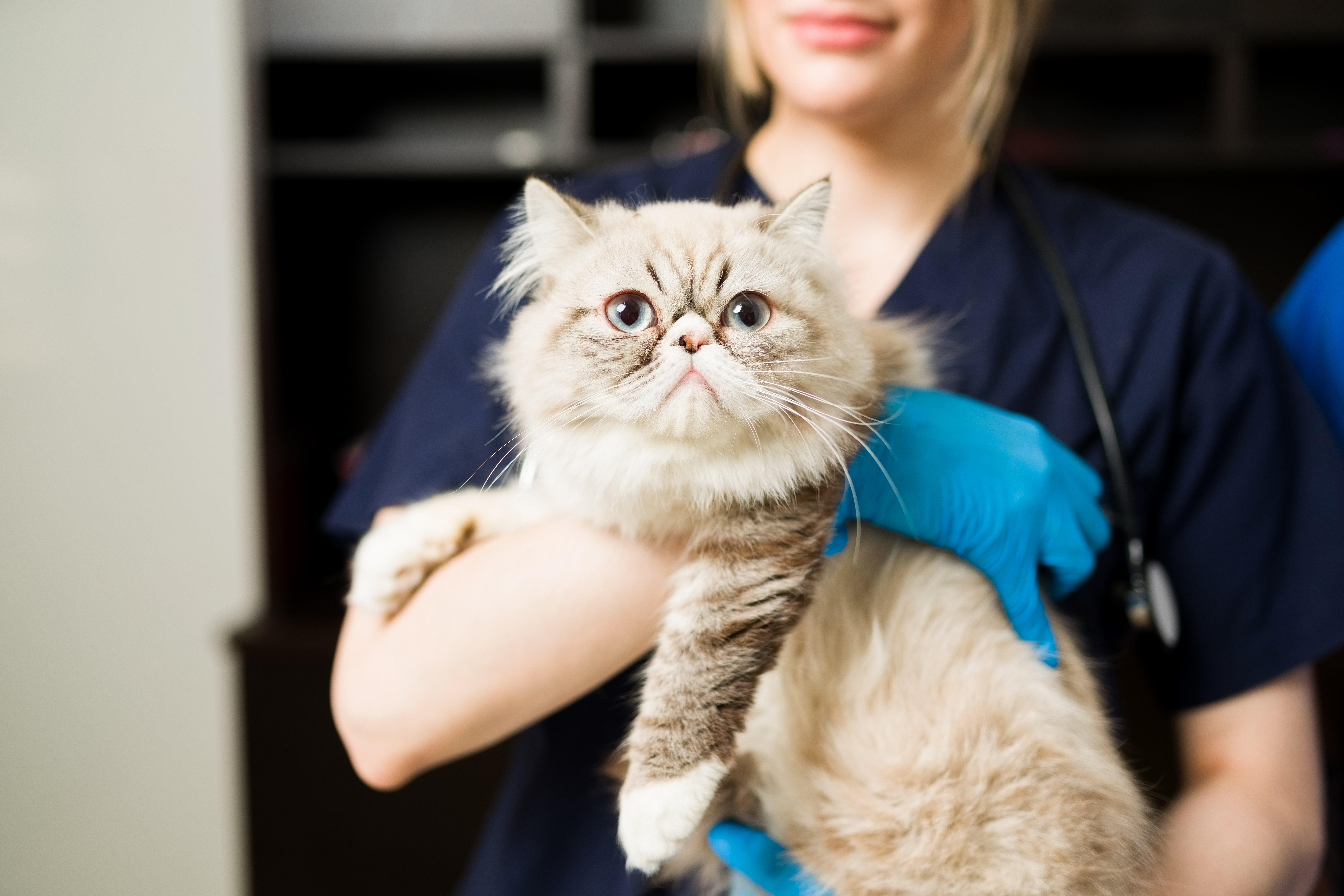 22 Aug
22 Aug
A preventive care examination or check-up should occur at least once a year for all cats, and more frequently for senior cats with chronic medical conditions. These visits are important to a cat's healthcare plan. During this visit, the veterinarian will assess the cat's nutrition, lifestyle, enviro...
 31 May
31 May
Pets have several physiologic mechanisms that normally help them to dissipate heat and maintain a normal body temperature. Although dogs and cats don't have many sweat glands in their skin, their primary cooling mechanisms are through panting and dilation of blood vessels in their paws. Heats...
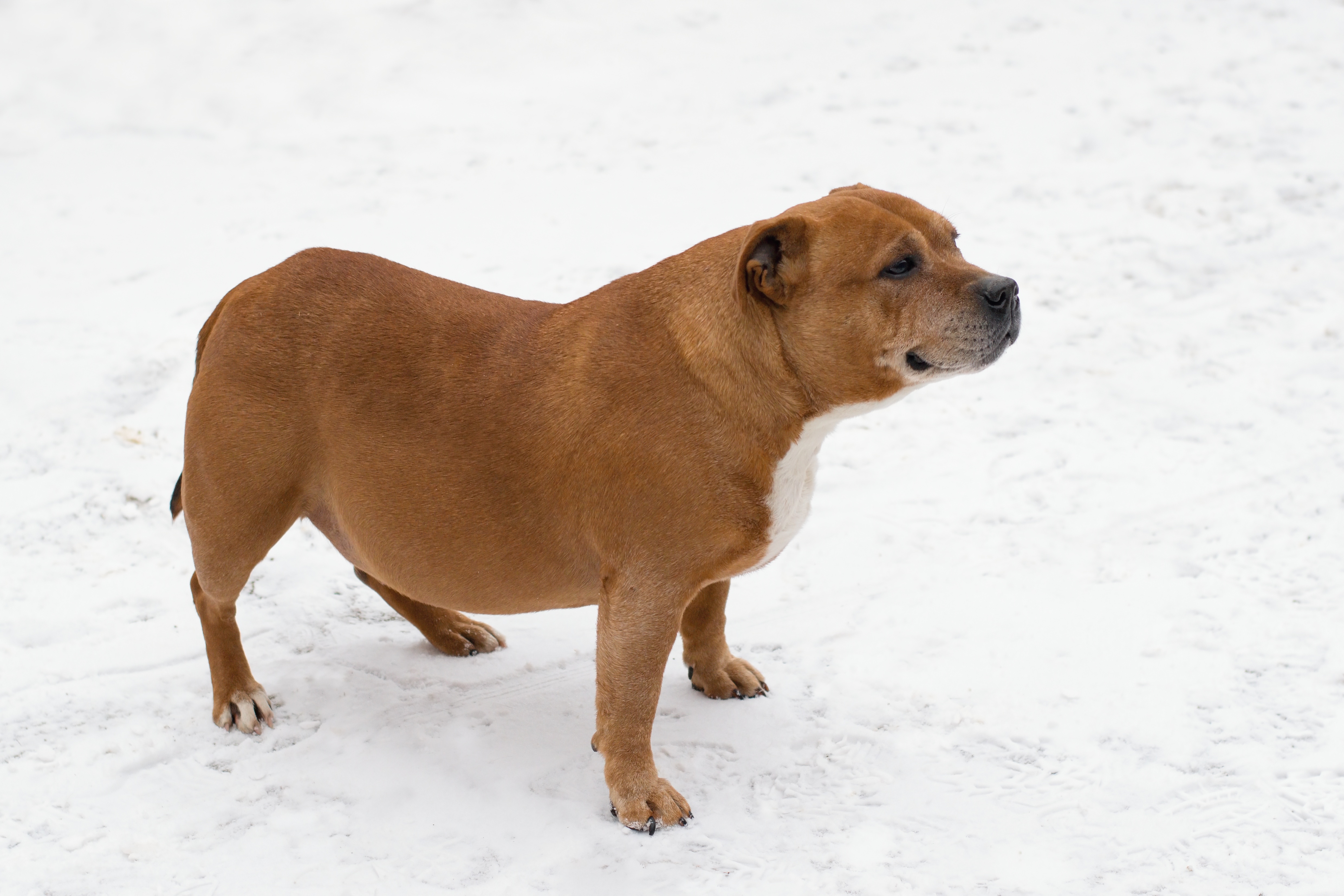 07 Aug
07 Aug
Cushing's syndrome is a condition caused by the excessive production of cortisol. Cortisol is a hormone that is normally produced by the adrenal glands (two small organs located near the kidneys). The adrenal glands are under the influence of the pituitary gland which is situated near the brain. The...
 15 Jul
15 Jul
Pannus (Chronic Superficial Keratoconjuncitivitis) is an inflammatory condition that can involve the cornea and / or third eyelid (nictitating membrane) of the dog. Causes of Pannus The exact cause is unknown. Although it can occur in any breed of dog, this condition is most commonly seen i...
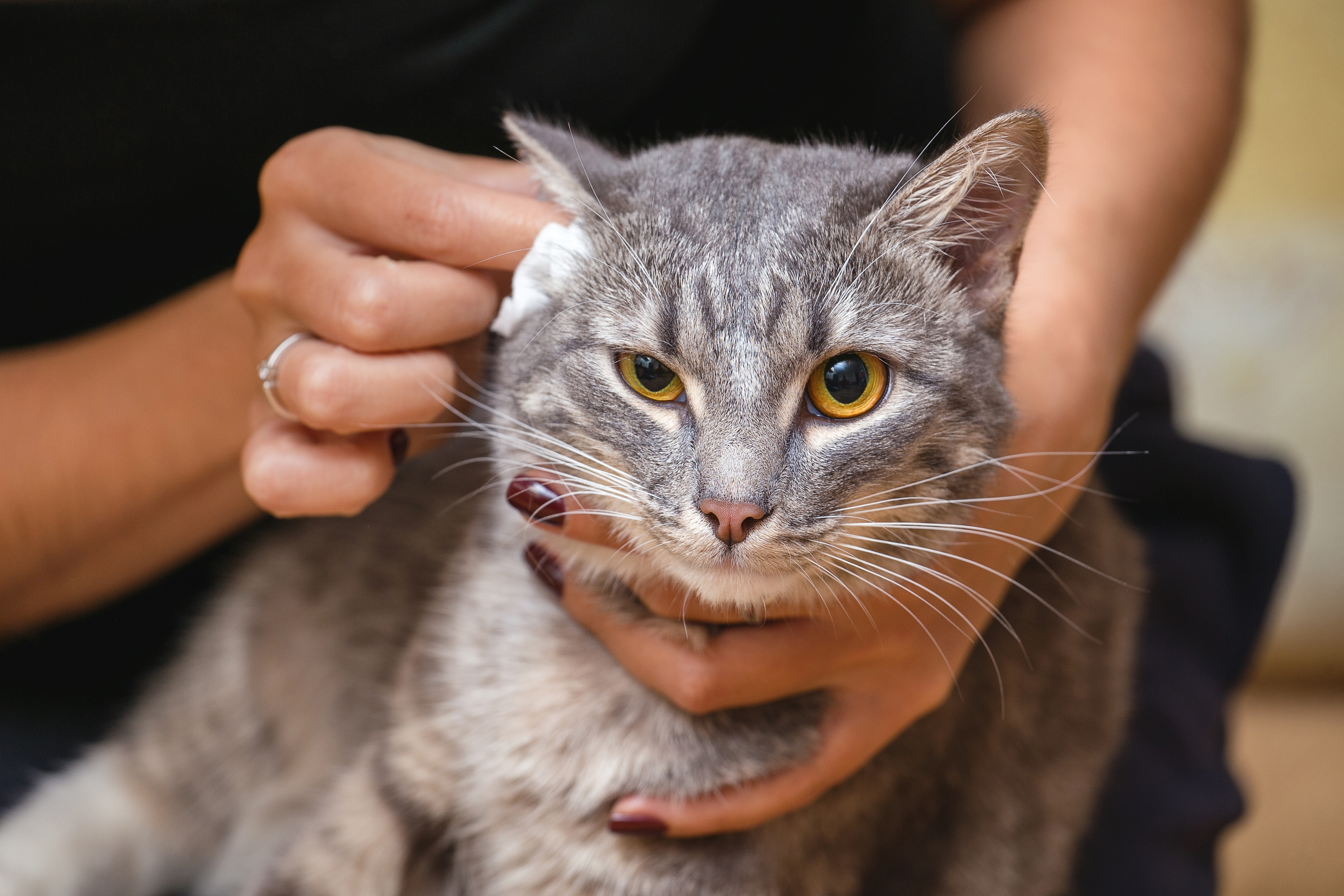
Ear Infections (Otitis Media / Interna) And Neurologic Signs
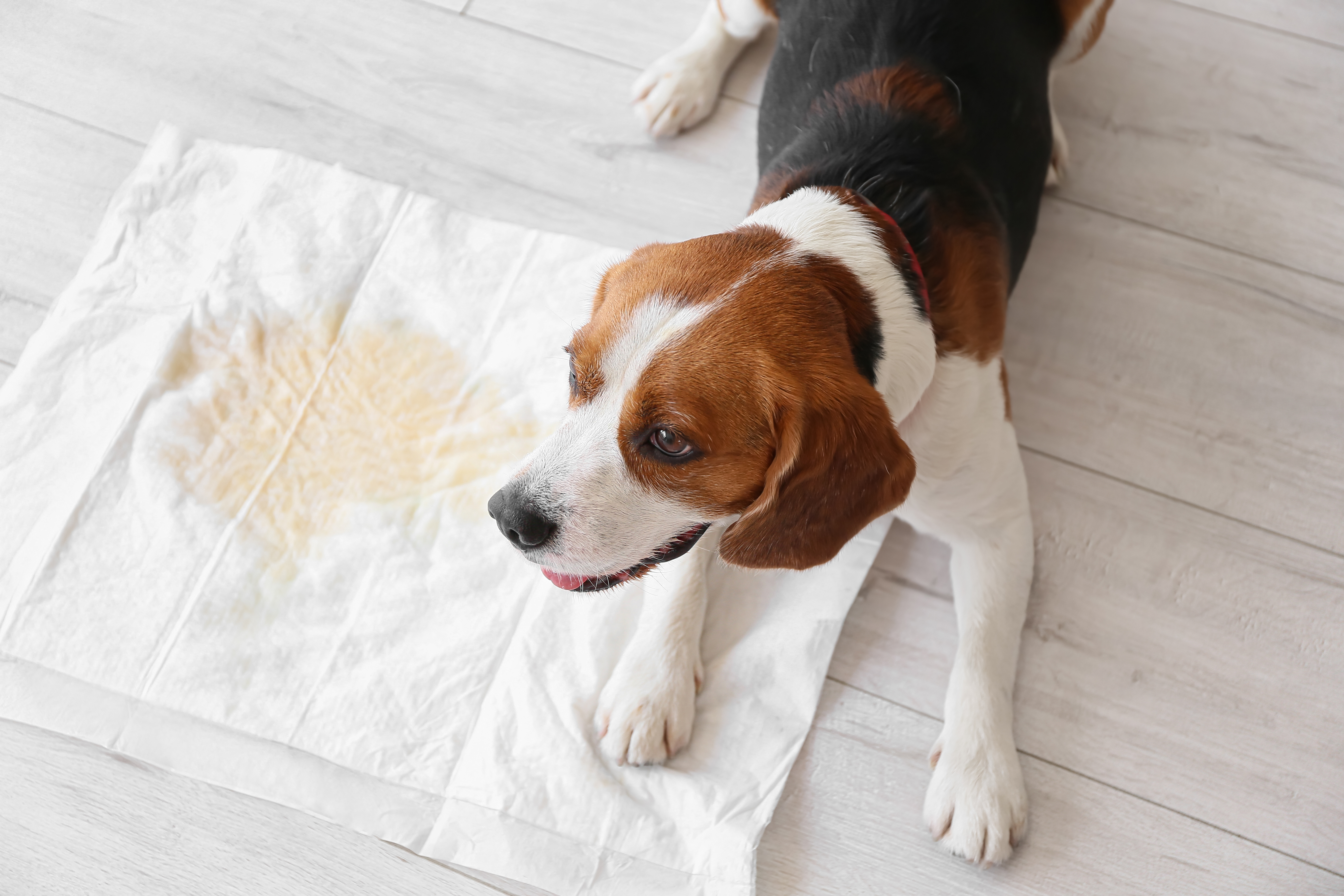
Urinary Bladder Cancer

Understanding Joint Supplements For Dogs And Cats

